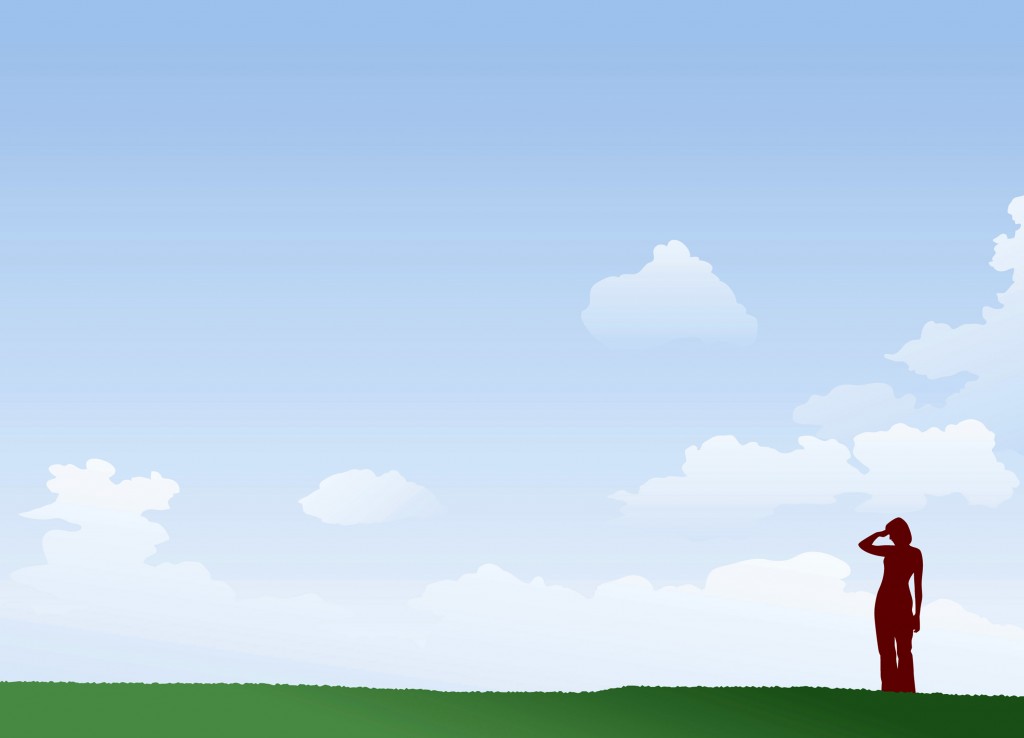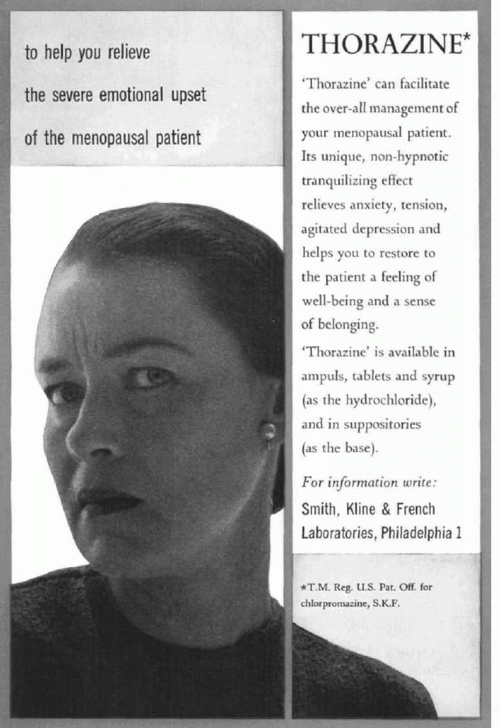Sisters, friends…keeping the communication channels open
When life piles, who do you turn to? Your sister? Your friends? The internet?
Without them I would be lost.
When I first started penning this blog, I ran across a small study. While many in scientific circles would refer to it as a pilot study, with findings that are inconsequential because of the small numbers, I am here to declare loudly and broadly that small and anecdotal sometime rule the day!
What type of resources do you rely on? And where do you turn for information or support? And, who should you turn to when available information is seemingly overwhelming and inconsistent, and medical expertise is unavailable?A friend recently commented that the type of resources available to women living in rural areas are very different than those available to women living in urban areas. Hence, the ability to access knowledgeable practitioners or even find trusted sources of information really depends on where you live.
This has been borne out by results of a study conducted among 25 menopausal women living in rural areas of Nova Scotia. Participants described a need to understand the intensity of their symptoms but often found it difficult to sift through “excessive and conflicting” information on the web. This was further compounded by the lack of trusting relationships with healthcare providers due to their scarcity and also, the fact that local facilities failed to retain good people.
The researchers explain that women who participated in this study drew heavily on shared experiences and the ability to communicate freely and openly with women who were going through similar things. More often than not, they continuously sought validation from their peers to avoid feeling confused and alone. And found that a great way to deal menopause was through humour.
Whether a woman resides in rural Nova Scotia or New York City, a sense of community, mixed with open communication and a little bit of humour, can go a long way. She who laughs with others…lasts.
Read MoreStill feeling like a shadow of your former self?
Must be “Low T,” right?
Low T is a global problem of epic proportions. In fact, UK researchers are reporting that testosterone prescribing has reached epidemic proportions, with an increase in prescriptions by almost 90% between the years 2001 and 2010. Moreover, the majority of these prescriptions have not been for an established hypogonadism (a decline in the functional ability of the testes to produce ample amounts of testosterone. This can lead to erectile dysfunction, low libido and a low sex drive. Aside from sexual dysfunction, hypogonadism can also cause depression, lethargy and fatigue. And yet, the most recent statistics from the Urology Care Foundation suggest that low T is a problem mostly affecting men 60 and above. In the UK study, only 6.3% of men had definite hypogonadism. So, what gives?
Money.
A few years ago, the pharmaceutical industry jumped on the male menopause wagon and the current campaign is a doozie. The condition? Low T, which is better known as low testosterone, andropause or the commonly used misnomer, “male menopause.” In fact, you can take a simple quiz to learn if you have Low T and if you need to speak to your doctor.
I’ve written about male menopause and have also directed readers to data that shows that it may not be all that it’s cracked up to be. Is it irritable male syndrome? Or is it another marketing tool to sell drugs to unsuspecting men who are aging and losing their virility?
Truly, if you are feeling like a shadow of your former self, there may be other things at play than testosterone. You might want to speak to your healthcare practitioner before jumping on the Low T wagon. Too much testosterone can lead to heart disease and negatively affect the prostate gland.
The medical community remains unconvinced about the condition and the need to treat it. In fact, that might be why, in 2011, University of Pennsylvania researchers started putting it to the test with the T Trial, which may solve this question once and for all.
Read MoreReinventing Women: Send me an angel…meet Beth Collins
 What do you do when you put out an open call for life stories and an angel answers? That’s Beth Collins, co-creator of Elizabeth’s House, a resource center for women who want to rethink, renew, and reinvent their lives. Truly, I could not have found a more ideal person for a series about reinvention.
What do you do when you put out an open call for life stories and an angel answers? That’s Beth Collins, co-creator of Elizabeth’s House, a resource center for women who want to rethink, renew, and reinvent their lives. Truly, I could not have found a more ideal person for a series about reinvention.
Who is Beth Collins? Beth is a personal and creative coach and her story of reinvention is focused on beginnings. To Beth, reinvention starts “from where you are to all that you know. It’s saying yes to something more and then creating the space in your life to find out what that more looks like.”
She explains that her calling to create on behalf of other women came during a time in her life when she had reluctantly left a dream job in college administration to become a working and then full-time, stay-at-home mom. However, answering her ultimate calling has been anything but easy; in fact, her ever-shifting path has been wrought with roadblocks and detours. When she left the corporate world for a world of play dates, room mothering, volunteer committees and booster clubs, she still had an urge to serve women in transition, an itch to scratch that would take more than six years to realize as she followed and supported her husband through multiple relocations. At the age of 46, just as she was finally hitting her stride and passion, she was sidelined again: “I got hit by a truck, literally.”
Through a ‘jaws of life’ rescue and time in the neuro-ICU, Beth faced yet another tough decision: rest or keep going?
In the mid 1980s, Austrian Monk Bhanke Dhammika wrote the Dhammavadaka, a poem designed to present inspiring aspects of a Buddhist’s life. One line in particular resonates:
None can live without toil and a craft that provides your needs is a blessing indeed. But if you toil without rest, fatigue and weariness will overtake you and you will be denied the joy that comes from labour’s end.
Like Dhammika, Beth realized the value in rest and so, she resigned from yet another job that she had grown to love to allow her body proper time to heal. Not surprisingly, in this quiet she heard yet another calling and in 2006, began a mentoring and coaching business for women who were ready to reinvent their lives. “I had clients in five states and was curious when I realized that these women were all asking for the same things,” Beth explains. “They longed for a community that would support their journey of change. Inspired by their requests, I began envisioning what a place like that would look like and in 2007, opened the doors to Elizabeth’s House, a gathering place for women who want to reinvent their lives.”
Elizabeth’s House embodies a lifetime of dreams combined with a unique passion to help women. Beth’s personal story? It’s one of “pure belief in a dream, letting go of the outcome and saying yes to what showed up.” And while she says that some would characterize that attitude as courageous while others may call it crazy, the women who’ve landed at the door of Elizabeth’s House call it a gift. “Together we rally when a woman quits the job she hates to create something new and when returns to that job after realizing that it wasn’t the job she hates. We rally around trying new things, getting it wrong, marriage, divorce, cancer and even suicide. It’s been life -changing for the women who find us and for me.”
It’s not surprising that women helping women lies at the core of Beth’s story of reinvention. She says that unquestionably, “What I’ve learned, what I know beyond any doubt,” is that self-help books, online support and endless “coaching” programs are not enough for women who long to reinvent. They are going to need other women who are willing to tell the truth about their lives. They need to know that they are not alone in their desire for change.”
Say yes and let go of the outcome(s). You may take a beating to get your wings but eventually, like Beth’s they’ll grow into something beautiful.
Read More
Just breathe
Want to reduce the frequency of your flashes?
Just breathe.
I’m serious. Just as serious as Mayo Clinic researchers who recently published a study about paced breathing in the online version of Menopause. If you are unfamiliar with the term, paced breathing refers to slow, deep breathing from the diaphragm.
Although experts are still unclear as to the underlying cause of hot flashes, they believe that they are related to a dysfunction in a process called ‘thermoregulation;’ this is the ability to keep our body temperature in a steady state, even when the environment changes. A decrease in estrogen levels, coupled with increased activation of the sympathetic nervous system (which assists in controlling the body’s functions and the fight or flight mechanism) narrows the natural comfort zone and tolerance for temperature fluctuations. Voila! A flash is believed to be born.
So where does paced breathing fit in? Here’s the interesting part: paced breathing decreases the activity of the sympathetic nervous system. So, when the nervous system goes into overdrive, paced breathing can theoretically calm the waters. However, as we go through our busy lives, is regular paced breathing even feasible?
To find out, 105 women were provided with either audio recordings of chimes that paced their breathing or were asked to simply breathe normally. All of the women reported having at least 14 or more hot flashes a week, and they also a history of breast cancer. Women assigned to paced breathing were asked to use their audio recordings either once or twice a day and practice taking 6 breaths per minute for 15 minutes. The other women practiced regular breathing (14 breaths per minute) for 10 minutes a day. All of the women kept a daily hot flash diary.
Over nine weeks, women who practiced paced breathing twice a day reported reductions in daily hot flashes by 52%. Paced breathing practiced once a day reduced hot flashes by 42%. What’s more, women who didn’t slow their breathing deliberately but simply focused on it 10 minutes a day reduced the frequency of their hot flashes by 46%; this suggest that focusing can help alleviate symptoms and that some sort of placebo effect is at play. Still, other studies have similarly reported reductions in hot flash frequency by as much as 50% using progressive muscle relaxation which also has a positive effect on the nervous system. In fact, I just wrote about relaxation and flashes last week.
Most of the women found it challenging to fit 30 minutes of paced breathing into their day, which suggests that perhaps intensifying the effort once a day can provide the same beneficial results. For the most part, there was some initial dizziness but it was mostly mild and likely the result of significantly slowing breathing; more practice would probably help to ameliorate this effect.
It seems to me that it is possible to move away from drugs and towards the body and mind to balance our internal thermostats. The bottom line appears to be that a bit of effort can potentially a long way towards solving a problem that has long eluded the medical community.
Just breathe.
Read MoreMenophrenia
Back in the Fifties, they used to treat menopause the way that they treated schizophrenia — with Thorazine. Evidently, the medical community also used Thorazine to treat nausea and vomiting, ‘senile agitation,’ and acute alcoholism. In other words, it was a psychiatric wonderdrug, creating zombie-like hormonal women, senile men and nauseated children across the U.S.
But back to women….I can only wonder why, at the time, no one thought to coin the term ‘menophrenia,’ i.e. emotional upset of the menopausal patient?
Welcome to the dark side of menopause and vintage advertising. Creating zombiepausal women everywhere!
Read More









